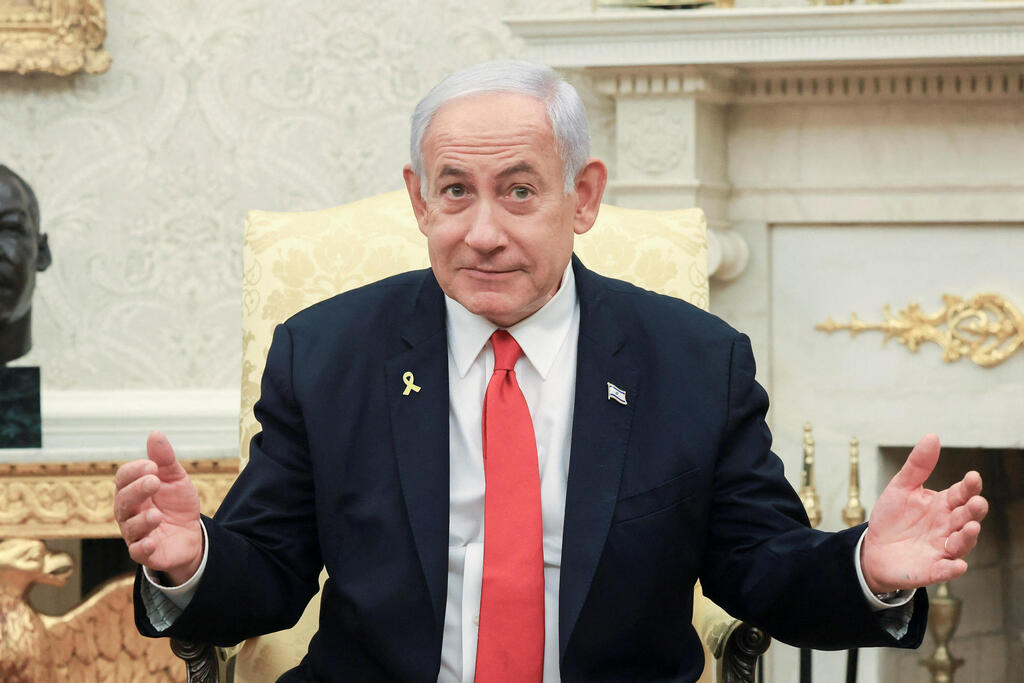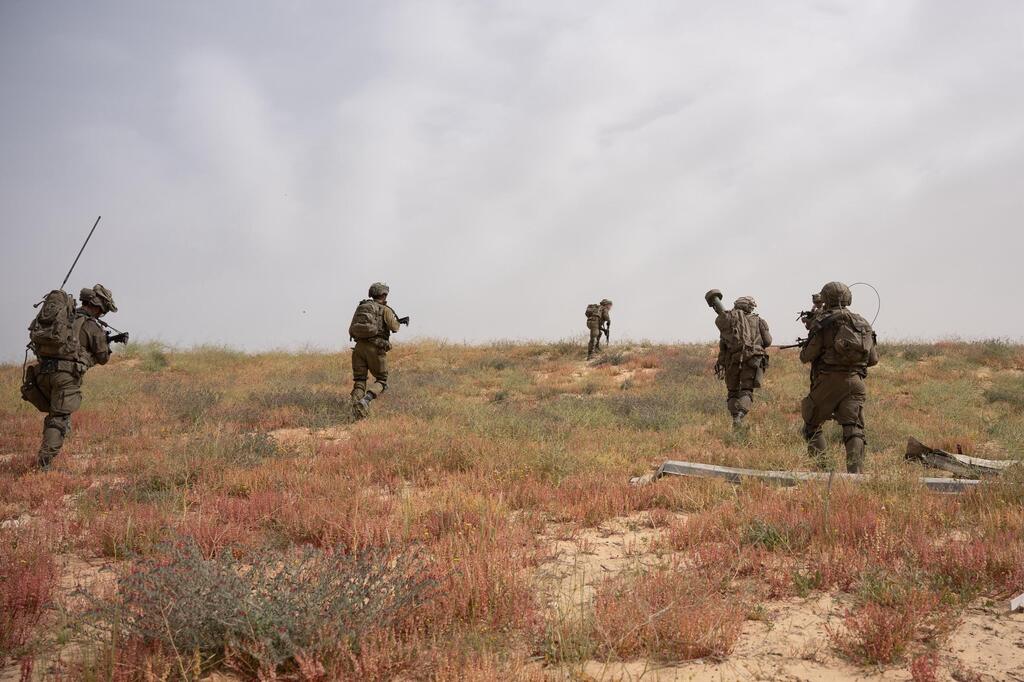Getting your Trinity Audio player ready...
Israelis waited throughout Shabbat and the end of the Passover holiday to hear from Prime Minister Benjamin Netanyahu. Expectations were high—after all, a hostage deal appears stalled, the recent strike in Iran is receding from the headlines, and Israel remains locked in the longest war in its history. Questions abound. Answers remain elusive.
Sensing the growing public frustration, Netanyahu’s office made an unusual and controversial move: announcing, just hours before Shabbat, that the prime minister would deliver a “special statement” as soon as the holiday ended. The emotional toll on the families of the 59 hostages still held in Gaza—many of whom spent the weekend consumed with anxiety and speculation—was immense. What followed was a pre-recorded video, sterile and tightly controlled, without reporters present and with no opportunity for questions. It was anything but “special.”
The statement offered no new policy, no new direction—just a reiteration of Netanyahu’s current position: Hamas remains intransigent, and Israel will not submit to the group’s demands or halt the war. “We are at a critical stage, and at this stage, perseverance and determination are required to win,” Netanyahu said. “If we surrender to Hamas’ dictates now, all the tremendous achievements we’ve made will be lost.”
But the prime minister’s logic leaves many unconvinced, particularly those desperate for a resolution to the hostage crisis. Netanyahu insisted that dismantling Hamas must take precedence, even if it means delaying the return of those still in captivity. “Another October 7 is only a matter of time if we don’t eliminate Hamas’ rule,” he said. In one sentence, his priorities were clear: defeat Hamas first, then bring the hostages home.
That stance runs counter to much of the Israeli public’s sentiment. For many, the release of hostages is the immediate moral imperative. Netanyahu, once the loudest voice for “total victory,” no longer uses the phrase. After more than a year and a half of public messaging, the promise now sounds hollow. Even familiar lines about being “a step away” from triumph over Hamas have faded.
Notably absent from the address was any response to Strategic Affairs Minister Ron Dermer’s recent remark suggesting the hostage release could take up to six months. Nor did Netanyahu address how long the military campaign might continue or offer reassurance to families whose loved ones remain in Hamas captivity.
One of the more puzzling moments came when Netanyahu argued that “Hamas is certainly not stupid”—a statement meant to dismiss Israeli analysts who propose releasing the hostages now and resuming military operations later. Netanyahu called that idea a “deception,” claiming that Hamas demands international guarantees to prevent Israel from restarting the war after a deal. “There’s no fake commitment,” he said. “If we commit, we won’t be able to return to fighting.”
That rationale has only deepened the despair among hostage families, who say time is running out. In the hours after the speech, their disappointment was palpable. Still, Netanyahu received praise from the far-right flank of his government, with National Security Minister Itamar Ben-Gvir and Finance Minister Bezalel Smotrich voicing support. The Likud party issued no statement of its own.
Get the Ynetnews app on your smartphone: Google Play: https://bit.ly/4eJ37pE | Apple App Store: https://bit.ly/3ZL7iNv
Netanyahu also touched on Iran, revisiting his long-standing pledge to prevent it from acquiring nuclear weapons. The comment came days after a report that U.S. President Donald Trump had blocked an Israeli strike on Iran—an uncomfortable detail for Netanyahu, who has often reserved such criticism for Democratic administrations. “I am committed to preventing Iran from obtaining nuclear weapons. I won’t give up on that, I won’t let go of it, and I won’t retreat from it,” he said.
 Yuval Karni
Yuval KarniNetanyahu claimed his policies have delayed Iran’s nuclear ambitions by at least a decade. “Without these actions,” he said, “Iran would have had nuclear weapons 10 years ago.”
Yet after nearly seven months of war, with no cease-fire in sight and no sign of a breakthrough on the hostages, Netanyahu’s reassurances increasingly ring hollow. The public wants answers. What they got instead was another carefully managed performance—long on messaging, short on hope.



